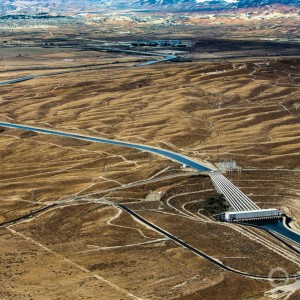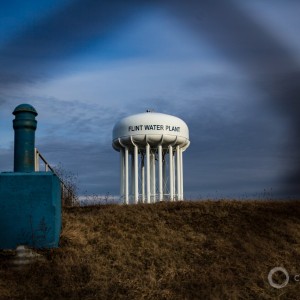The Stream, February 10: Pakistan Port City Hit By Water Shortages
The Global Rundown
Population growth and drought are driving water shortages in Gwadar, a port city in Pakistan that plans to become a major international trade center. Food shortages caused by a drought in Zimbabwe will cost more than a billion dollars to fill, while it will take millions to replace aging lead water pipes in Flint, Michigan. New Orleans is contemplating a new flood defense system, and the U.S. Forest Service is asking for a bigger budget to fight a growing number of wildfires in a hotter, drier West. Despite melting ice, shipping lanes in the Arctic Ocean will likely not be feasible until 2040.
“Gwadar has become known to the entire world due to the multibillion CPEC project, but nobody knows how its population is suffering due to the water shortages.” –Naseema Ehsan Shah, a Pakistan senator from Balochistan province, on water shortages that are crippling the port city of Gwadar. The shortages could inhibit plans to develop the port into a major international trade center. (The Third Pole)
By The Numbers
$1.6 billion Amount Zimbabwe will need to provide emergency food assistance to residents affected by a severe drought in 2016. Bloomberg
65 percent Amount of the U.S. Forest Service’s budget that it spent fighting wildfires last year. The number and intensity of fires is expected to increase as the climate becomes drier and hotter, and as invasive species weaken forests. Guardian
$55 million Amount needed to replace lead water pipes in Flint, Michigan, where corrosive river water damaged the city’s aging infrastructure and contaminated drinking water with high levels of lead. CNN
Science, Studies, And Reports
Shipping routes through the Arctic Ocean are unlikely to be viable until at least 2040, according to a study by researchers at the Copenhagen Business School’s Maritime Division. Even as ice melts and the Arctic shipping season lengthens, the routes will not make sense economically for decades, the study found. Guardian
On The Radar
New Orleans may secure a new flood prevention system from Veolia, a Paris-based water and waste management company that operates globally. Veolia will begin studying options for New Orleans as it looks to expand its flood protection services around the world. Reuters
A news correspondent for Circle of Blue based out of Hawaii. She writes The Stream, Circle of Blue’s daily digest of international water news trends. Her interests include food security, ecology and the Great Lakes.
Contact Codi Kozacek







Leave a Reply
Want to join the discussion?Feel free to contribute!